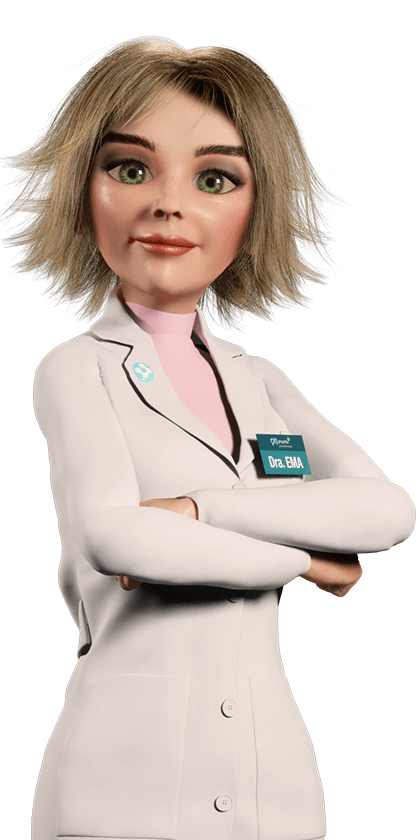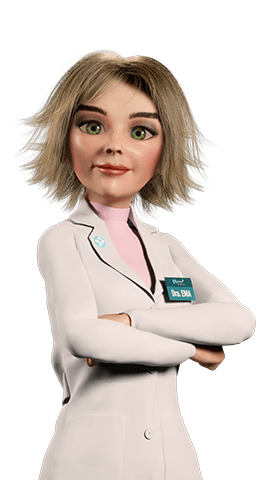Hair care
What to do for Hair Loss

Autumn is here and it is very common to notice a greater hair loss, but why does this happen? What care should I take?
When should I see a dermatologist? You may have noticed that at certain times of the year your hair falls out more than others or that due to some more stressful events (going back to school, sudden weight changes or some illnesses) your hair also gets weaker and eventually falls out.
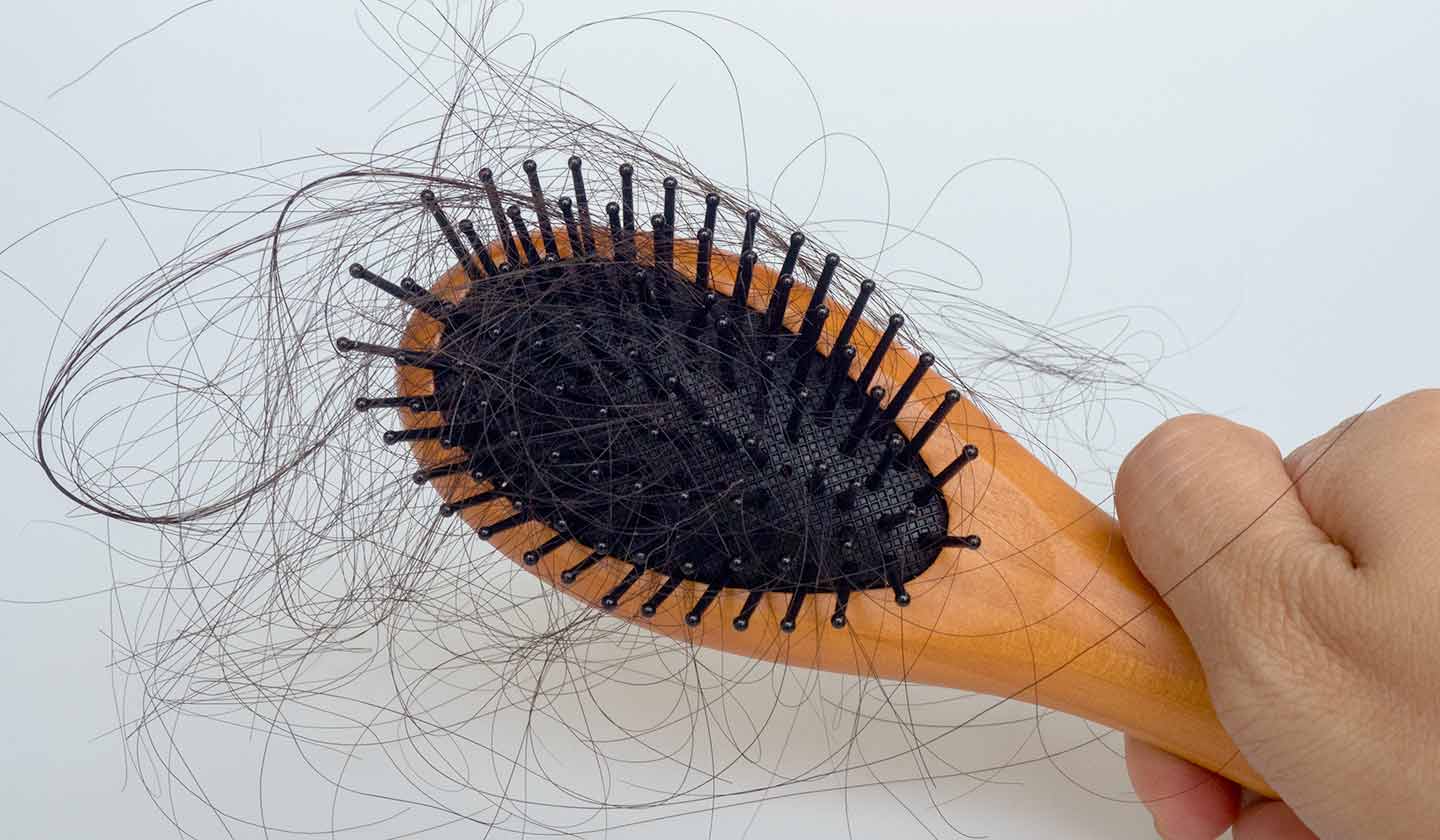
What causes hair loss?
Hair loss is influenced by many factors, including genetic, hormonal, traumatic events in our lives, and climate changes.
Different types of hair loss?
Very briefly, we can classify hair loss into effluvium and alopecia, telogen effluvium being the most frequent type of hair loss (and more frequent in autumn, but also in spring).
Hair loss is not a myth!
Hair, in fact, falls out more in the fall. Why is this? Because the season preceding it is summer which accelerates the shedding and shedding phase of hair. Heat then denatures the proteins in the hair. Excess UVA, UVB and IR radiation gets to "act" on the DNA of the cell nucleus and alters the cells, which means damaged hair and promotes hair loss.
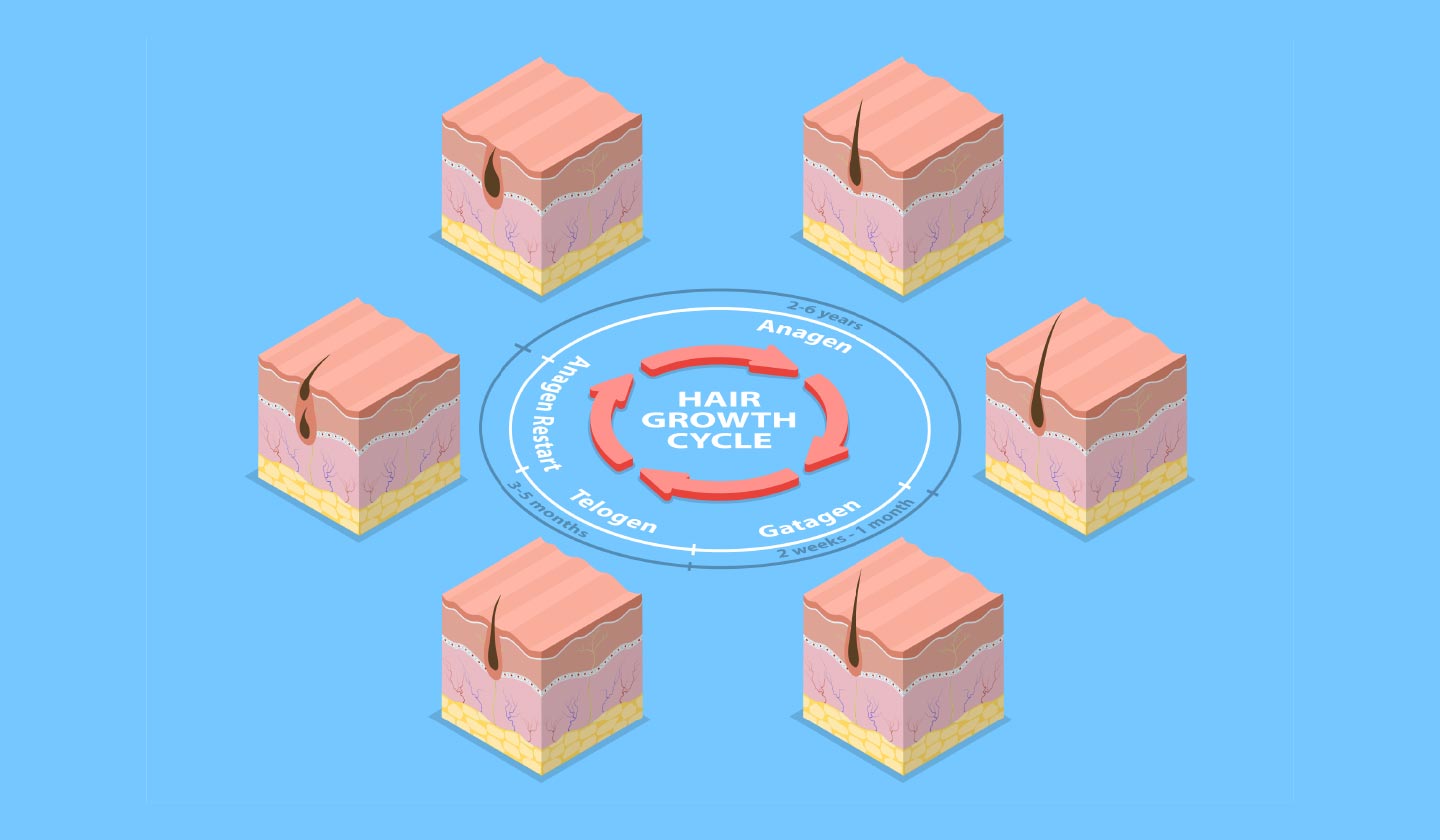
How does hair grow?
Hair has its own life cycle and consists of three (main) phases:
- Anagenesis: hair growth phase that lasts between 2 to 5 years (in men) or 2 to 6 years (in women) and is where there is the most cellular activity;
- Catagenesis: hair resting phase which can last between 2 to 3 weeks;
- Telogenesis: hair loss phase and lasts up to 3 months, approximately.
A person's hair has, on average, 20 to 25 cycles of life, genetically determined at our birth, hence some people start to become hairless more prematurely than others.
Let's consider these examples: a person who has an anagen of 2 years and 20 cycles, then, at the age of 40, will no longer have hair; a person who has an anagen of 5 years and 25 hair cycles, then will have hair until the age of 125.
Hair is all at the same stage in its life cycle?
No! There are hairs in anagenesis, others in catagenesis, and others in telogenesis. Otherwise, all of us, for some time, would have hair growing all the time, then it would stop, and then it would all fall out, that is, we would have a phenomenon similar to the "moulting" that happens in some animals.
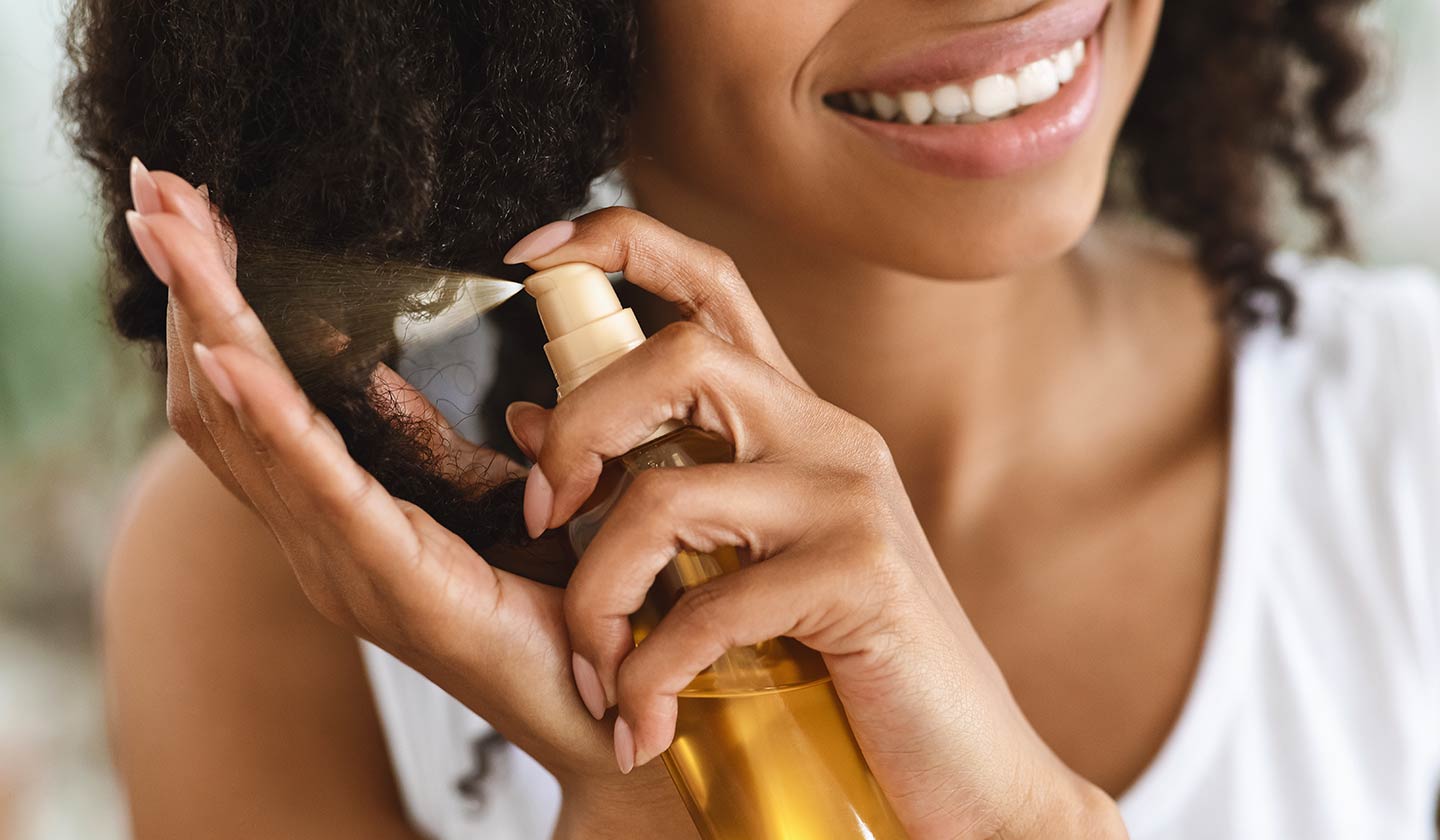
How to get healthy air?
There is no absolute answer to this question. What is quite important is to take care of our hair.
It's important to properly wash and moisturize our hair, protect it from the sun's rays (something that most people neglect) and have the healthiest and most balanced diet possible, which is very important for healthy hair growth.
For example, people who are on a restrictive diet have weaker hair because the nutritional intake is not satisfactory for their needs.
Hair that has undergone some kind of cosmetic treatment (either highlights, dyes, straightening or others) requires extra care; otherwise it will be dry, damaged, split ends, and quite damaged hair.During and after sun exposure you should use a moisturizing mask at least once a week with anti-salt and regenerating action to repair the damage caused by the sun.
How to stop hair loss?
There are numerous hair care programs on the market today, but one thing that is very important to know is that hair loss is a problem that has no cure. Hair that has "exhausted" its life cycles does not grow back.
Simply, the hair that has not yet finished its life cycles returns to the growth phase, causing telogenesis (the falling phase) to be reduced and anagenesis (the hair growth phase) to be increased, leading to an increase in the number of hair follicles in the growing phase, that is, the treatments on the market stop hair loss but do not cure it.
For a more "definitive" solution, there are hair implant solutions that should be advised by a dermatologist (or trichologist, ideally).
During Fall and Spring, it is natural to have a higher incidence of hair loss due to environmental factors. In these cases, what can be done to combat this problem? Topical care, that is, ampoules or lotions that are applied to the scalp and also food supplements that usually have a complex of vitamins and proteins that will help strengthen the hair and prevent hair loss. In addition, this "care program" can be supported with an anti-fall shampoo.
For how long should a hair loss treatment be made?
Usually at least three months to be effective, but they can be done all year round.

Dr. Ricardo Rodrigues
(Pharmaceutical)
Postgraduate in Dermatocosmetology.
Postgraduate in Advanced Cosmetology
Blog creator opinguimsemasas
Também lhe poderá interessar
Hair care
